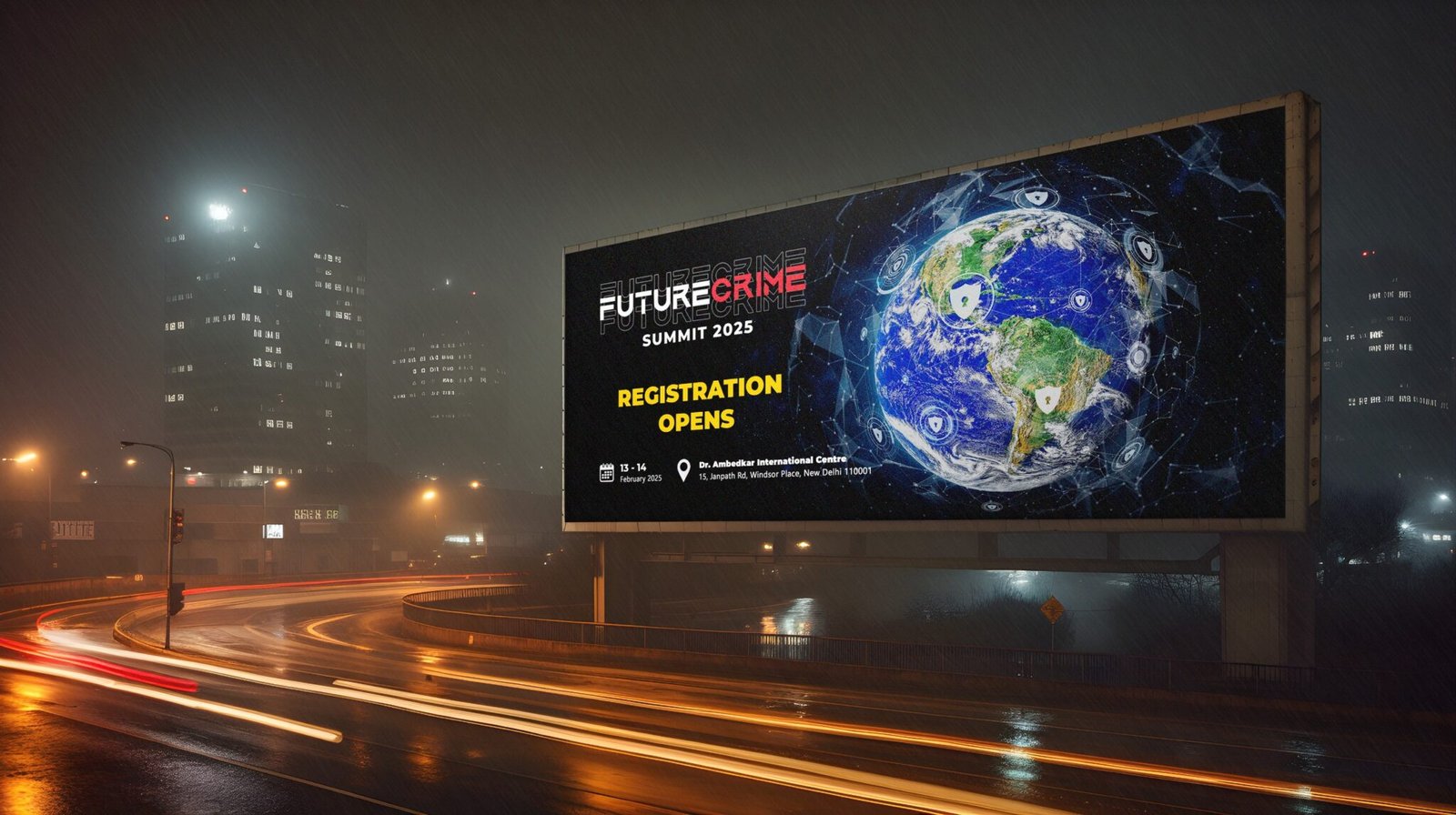The recent explosion of a Tesla Cybertruck in Las Vegas has reignited a critical debate about privacy in the age of smart vehicles.
While Tesla’s swift and detailed tracking of the driver’s movements provided invaluable assistance to law enforcement, it also underscored the extent to which modern cars collect and store personal data.
A High-Tech Investigation
The incident occurred when a Cybertruck loaded with fireworks caught fire outside the Trump International Hotel, injuring seven and leaving the driver unrecognizable.
Within hours, Tesla utilized data from charging stations and onboard software to piece together the driver’s journey, revealing movements from Denver to Las Vegas.
[Nominate for Cyber Policing Award]
This information not only helped authorities confirm the cause of the explosion but also demonstrated Tesla’s impressive data capabilities.
Las Vegas Sheriff Kevin McMahill praised the company’s cooperation. “I have to thank Elon Musk, specifically,” he said, noting the valuable insights Tesla provided. However, privacy advocates are raising alarms about the broader implications of such surveillance.
A Double-Edged Sword
“While it’s helpful in emergencies, this level of data collection is a double-edged sword,” said David Choffnes, executive director of Northeastern University’s Cybersecurity and Privacy Institute. “It highlights the sweeping surveillance potential of connected vehicles, which can be easily abused.”
Modern cars, like Tesla’s models, often act as rolling computers, syncing with smartphones and storing sensitive data such as call logs, text messages, and contact lists. Vehicles equipped with cameras for self-driving features further increase privacy risks.
Tesla, which has previously faced criticism for how it handles customer data, did not respond to inquiries about its privacy policies. On its website, the company claims to follow strict rules to protect user information. “Your activities, location, or history are kept private and secure,” Tesla states.
However, past reports, such as a Reuters investigation, revealed that Tesla employees from 2019 to 2022 shared sensitive video recordings among themselves, including footage of road rage incidents and private moments captured by onboard cameras.
A Broader Industry Issue
Tesla isn’t alone in facing scrutiny. In August, General Motors was sued by the Texas attorney general for allegedly selling data from 1.8 million drivers to insurance companies without consent.
“This is one of the biggest ethical dilemmas in the auto industry,” said Sam Abuelsamid, an analyst at Telemetry Insight. “Modern vehicles are connected, and consumers need more control over their data.”
[Nominate for Women in Cyber Award]
The Need for Regulation
Despite the growing concerns, the U.S. lacks comprehensive federal laws governing car data collection and sharing, unlike the stringent regulations in banking and healthcare. State laws vary widely, leaving significant gaps in privacy protections.
Jodi Daniels, CEO of privacy consulting firm Red Clover Advisors, believes national legislation is overdue. “Technology has outpaced the rules,” she said. “Law enforcement should have access to data for solving crimes, but individuals also have a right to privacy.”
The Bigger Picture
The Cybertruck explosion wasn’t the only alarming event involving vehicles that day. Just hours earlier, a separate driver using the peer-to-peer car rental service Turo killed 15 people in New Orleans in a suspected terrorist attack.
The back-to-back incidents highlight the critical role of technology in modern investigations—and the urgent need for clear guidelines on data usage.
As cars become increasingly sophisticated, the line between convenience and surveillance grows thinner. While Tesla’s rapid response in Las Vegas showcased the potential of connected technology to aid law enforcement, it also raised pressing questions about who controls the data—and how it’s used.
In the words of Daniels, “We’re at a crossroads. Balancing safety and privacy is no longer optional—it’s essential.”




